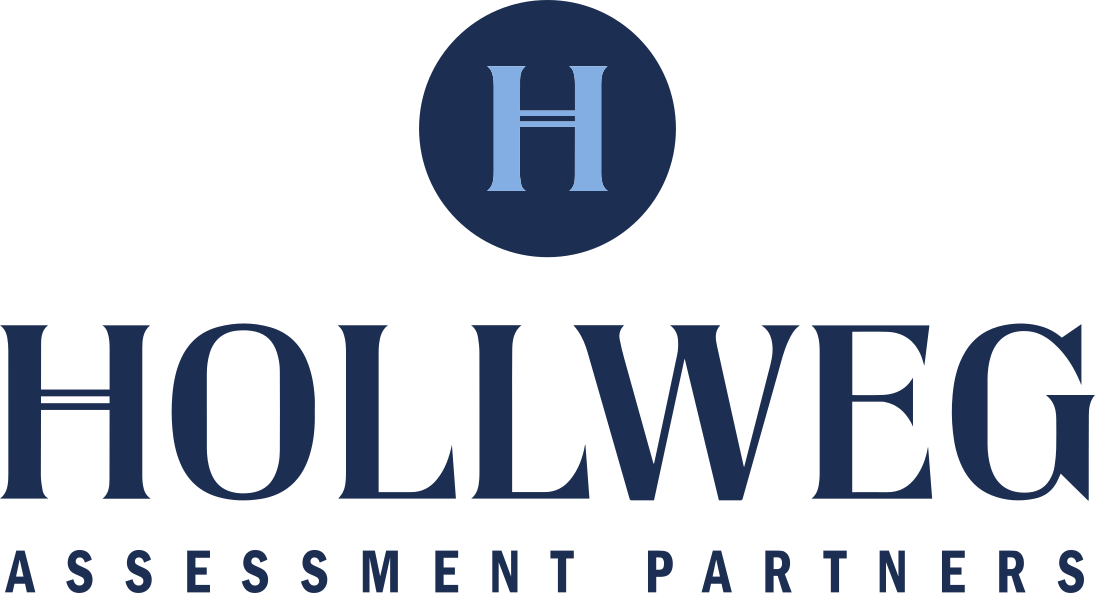With current social distancing efforts to curb the spread of COVID-19, many leaders and teams are adjusting to a virtual work environment. As opposed to a gradual transition to remote work, it’s been an immediate adjustment for many who aren’t used to leading from afar. Managers – and their team – may begin to ask, what makes a good leader while keeping your “social distance”?
To answer this question, we reviewed our database of leadership assessments to see if any patterns emerged. Specifically, we looked at differences between leaders who manage a single unit where they are present with their team and leaders who manage multiple business units from afar. We looked at this for both restaurant/retail and healthcare leaders to get a mix of industries. Three traits emerged as higher for leaders who are required to lead in a remote manner.
- Reflective Thinking. Leaders who take the time to think through their decisions and understand the longer-term impact are likely to make better decisions when leading a remote group. They will avoid rash decisions and will reflect on how they impact others in nuanced and different ways. Without being able to witness everyone’s immediate work experience, they must think more broadly and appreciate others’ unique perspectives. Leaders who can think beyond the “four walls” to appreciate how their decisions uniquely impact each person will ultimately make better decisions for the overall group.
- Assertiveness. One consistent theme in recent articles addressing remote work and leading through a crisis is the need for communication. Assertive leaders feel comfortable and confident setting goals for the team and being a vocal and “present” leader (even if they happen to be a square on a computer screen). When a leader isn’t physically present to course correct, it is more critical for them to be upfront and clear about their goals and priorities for the team.
- Positive People Orientation. When you aren’t with your team on a regular basis, you need to place trust in their ability to do the job without your involvement. Leaders who trust more readily are more likely to delegate and create shared ownership with the team. If you’re generally skeptical of others’ abilities or commitment, then it typically translates to micromanagement. Leaders with greater positive people orientation care more about what gets done, but not necessarily when or how it gets done because they trust their people. These leaders will also provide regular praise and show support to keep the team motivated.
In summary, for any leader adjusting to remote work, they need to be thoughtful in their decisions and actions, make their expectations clear, and assume positive intent when leading their team. Practicing social distancing doesn’t mean you distance your responsibility to be an impactful leader.

